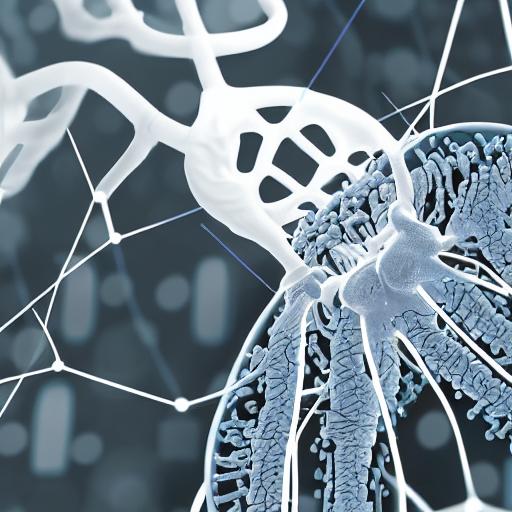The AI biotech company Owkin has for the first time shown that federated learning (FL) can be used to train deep learning models on data from several hospitals on histopathology data without the data leaving hospital firewalls in research.
The finding opens the door for AI-driven medical research that makes use of larger multi-centric datasets and frees models from the limitations of single-centric research. The application of safe and privacy-preserving AI may lead to advancements in precision medicine.
Owkin developed AI models that can precisely forecast the future response of triple-negative breast cancer (TNBC) patients to neoadjuvant chemotherapy using data stored within four top French institutions. Owkin discovered possible novel biomarkers by extracting data from digital pathology slides using interpretable AI. In the future, this might direct patients toward less harmful or novel experimental treatments, enhancing the personalization of medical care.
Through Substra, Owkin’s recently open-sourced software that makes every operation traceable using hyperledger technology, the project leveraged federated learning, a collaborative AI framework that protects data privacy and security.
For the first time, without the data leaving the hospitals, machine learning models have been developed utilizing histopathology data from various hospitals. Before now, the majority of investigations were limited to mimicking FL using artificial data splitting. It is a significant example of FL in medical research and marks a turning point in the practical application of AI in the field.
A total of 650 patients from the Institute Curie in Paris, the Centre Léon Bérard in Lyon, the Gustave Roussy in Villejuif, and the IUCT Oncopole in Toulouse were included in the study, making it one of the largest TNBC cohorts ever gathered for such an analysis.
The study expands on Owkin’s ground-breaking application of FL for drug discovery research collaboration while protecting privacy, security, and competitive concerns.
The MELLODDY project’s findings, which were released this year, demonstrated that FL, a first for the sector, makes industrial-scale collaboration in AI for drug development conceivable. Along with resolving privacy and security issues, FL can also make data governance problems simpler by eliminating the need for data transfers and encouraging more collaborative research.
“Thanks to our collaborators, we are happy to have completed an original federated analysis on medical data in real-life situations, and the first of its kind on histopathological data,” stated Jean du Terrail, the lead author and Senior Machine Learning Scientist at Owkin.
They were able to gather enough data on triple-negative breast cancer through federated institution connections for the AI to independently identify histological patterns indicative of treatment response. They anticipate that this proof of concept will encourage medical organizations to cooperate together in federated learning networks to advance research while protecting patient data.
Chief Data Officer at the Institute Curie in Paris, France, Julien Guérin, stated, With the implementation of this federated learning infrastructure, which demonstrates a brand-new cutting-edge methodology for constructing AI in cancer research, we have achieved a significant milestone. They are extremely grateful to have been a part of this adventure and are hopeful that it will open up positive possibilities for patient care in the future.
Pathologist Dr. Guillaume Bataillon of IUCT Oncopole in Toulouse, France, and formerly of Institut Curie in Paris, France, stated, Through this multidisciplinary collaboration, they are able to confirm the viability of a hospital-to-hospital collaborative federated learning approach on a pertinent biological issue. In order to generate replicable, transferable, and even interpretable models, this made it possible for them to quickly and securely pool diverse datasets. This demonstration of the concept has the potential to be used as a therapeutic decision-making tool.
According to medical oncologist Dr. Pierre Etienne Heudel of Lyon’s Center Léon Bérard, the Growing use of digital pathology and the growth of various machine-learning techniques should make medicine more exact and individualized. Furthermore, the federated learning that was achieved in this project by ignoring external data streams streamlines and safeguards the procedure for upcoming routine clinical practice.
Pathologist Dr. Magali Lacroix-Triki at Gustave Roussy in Villejuif, France, stated, The third revolution in pathology is represented by digital pathology and AI, and pathologists are eager to lead this paradigm shift in their field. They are getting closer to discovering new oncology biomarkers thanks to federated learning, a leader in AI research in digital pathology that also ensures data security and privacy.
Dr. Camille Franchet, a pathologist at IUCT Oncopole in Toulouse, France, stated that “federated learning unlocks one of the major obstacles in machine learning on medical data with no compromise regarding the respect of personal data by enabling AI models to be trained on multicentric data without centralization.








